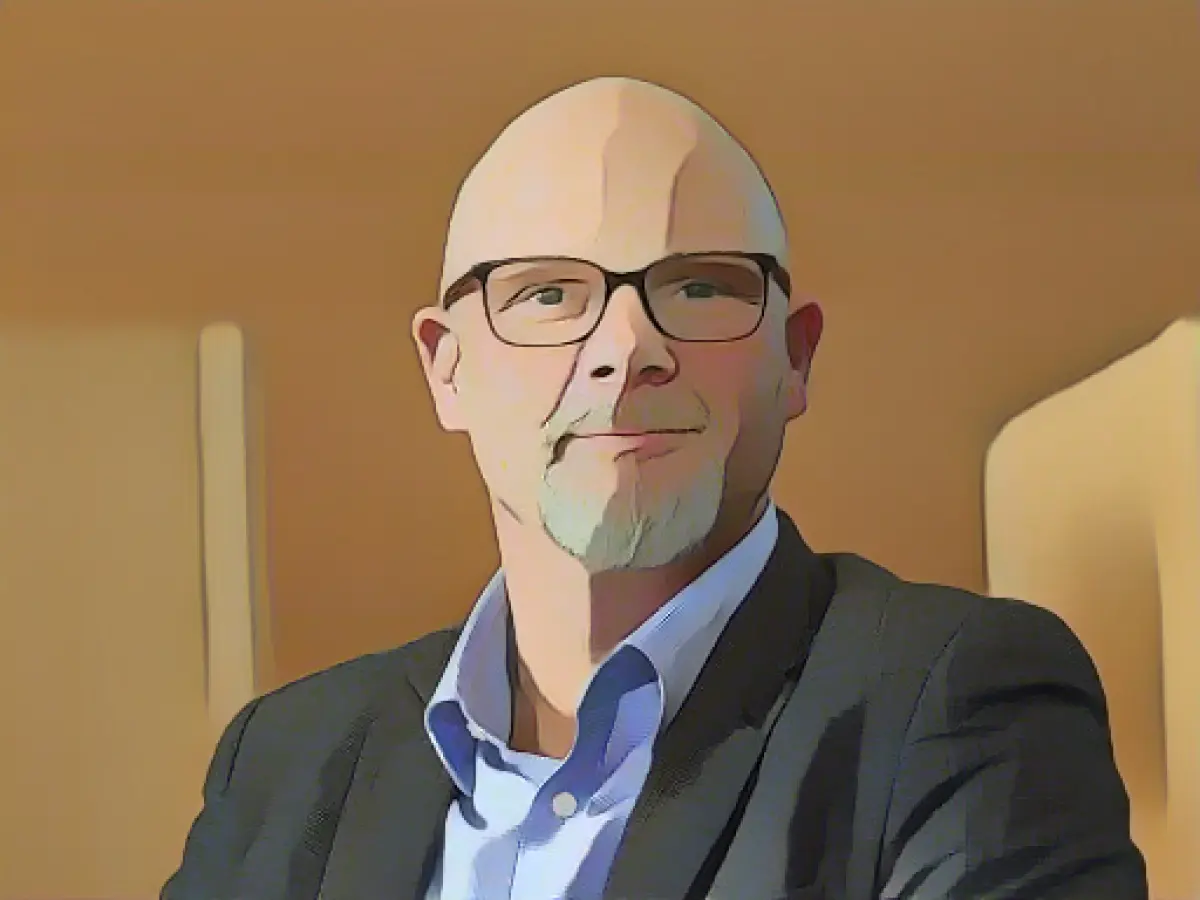GDR Injustices Unveiled: A New Wave of Retirees Speak Out
Thirty years after the establishment of his office, the State Commissioner for the Review of the SED Dictatorship continues to receive over a thousand queries yearly. Now, more West German residents are stepping up to share their concerns, reveals State Commissioner Peter Wurschi to the German Press Agency in Erfurt. The number of individuals who were bought out as political prisoners by the FRG before reunification is vast, amounting to tens of thousands.
Not just these individuals, but others who survived the dictatorship and now reside in West German states have come forward. According to Wurschi, "the baby boomer generation is now retiring and some of them have spent a year or so out of the job when they retire, leading them to address their past experiences." Consequently, some individuals apply for rehabilitation at retirement age, filling in pension gaps and potentially qualifying for specific social benefits.
To mark the commission's 30th anniversary, a celebratory event is scheduled in the Thuringian State Parliament on Thursday. State Parliament President Birgit Pommer emphasized "democracy can only function with an awareness of the past." By providing guidance, the commission helps individuals reclaim lives previously controlled by others and search for justice. By remembering the past, Pommer stated, "the contribution to peaceful coexistence cannot be overstated."
Wurschi, who has been the commission's representative in Thuringia since 2018, explained that the high number of queries indicates a significant need for advice. However, an important note of caution was raised by Wurschi regarding "the embellishment of the dictatorship." The state commissioner's role is to utilize "fact-based knowledge" to shed light on the past, he mentioned. Sources and contemporary witnesses can help achieve this, ensuring history is accurately understood and potential alternatives emerge.
The historical repercussions of the GDR dictatorship remain prevalent in modern societal concerns, with retirees from the baby boomer generation seeking rehabilitation and pension adjustments for their experiences under the SED regime.
Enrichment Insights:
Support from various mechanisms and programs exists for those who suffered under the SED dictatorship during retirement, though they may not be exclusively for pension compensation. These mechanisms include financial compensation for persecuted individuals, social services, historical justice, and pension adjustments. It's important to note that while these mechanisms can be beneficial, none of them explicitly targets retirees seeking compensation for their experiences under the SED dictatorship.
[1] Reunification Compensation: Following German reunification in 1990, compensation programs were established to assist individuals who faced persecution under the communist regime in East Germany.
[2] Social Services and Support: Organizations and government agencies offer a variety of social services and support for individuals impacted by the division of Germany, not specifically focusing on pension compensation but rather addressing the broader social and psychological effects.
[3] Historical Justice and Compensation: Efforts have been made to provide historical justice and compensation for those who suffered under the SED dictatorship, including funds and programs for former Stasi prisoners and other persecuted individuals.
[4] Pension Adjustments: Retirees may receive pension adjustments, reflecting their work history and contributions, but this isn't necessarily a direct compensation for their experiences while under the SED dictatorship. Instead, it is a standard aspect of the pension system.








